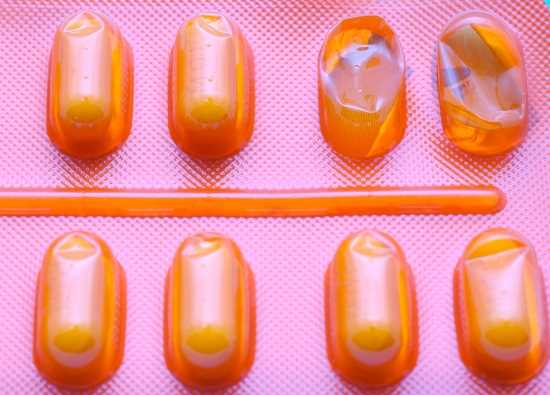Over-the-counter (OTC) diet pills are just one of many products out there that people will use in an attempt to lose weight. After someone has grown frustrated with failed diets, they often turn to a more man-made approach to help them shed some pounds. It's understandable. Dieting can be frustrating, especially if weeks go by with little to no progress.
How do OTC diet pills work? Do they work? Are they safe? These questions often plague the mind of someone looking to them as a method of losing weight. We hope to answer these questions for you in this article, so that you can make a more informed decision.
If you're not yet ready to start OTC diet pills, we have plenty of other articles on dieting and weight loss for you. We have lots of recipes aimed toward weight loss and healthier eating. With the right dieting and exercise plan, weight loss can absolutely happen. Remember that it often takes longer than you expect!
Before making a decision to start taking OTC diet pills, speak with a medical professional. They know your health best, so they can help you determine if OTC diet pills make sense for your situation. They may have an idea that you haven't thought of, or a prescription diet pill that is even more effective. The content of this article should not be taken as the equivalent to professional medical advice. Having said that, let's get into OTC diet pills.
How To Know If Over-the-Counter Diet Pills Are Right For You
In February of 2007 a crack in the over-the-counter diet pills dam opened when the Federal Food and Drug Administration recognized Alli as the first over-the-counter diet pill to be approved by the governmental agency. Since Alli’s triumphant storming of the FDA’s approval committees several pills have attempted to follow with varying degrees of success.
What has been the net result to the American waist line since the diet pill market advanced through the FDA to the over the counter market? In reality not much has changed; Americans continue to be fatter than ever with an estimated 70-75% of American adults being categorized as overweight or obese.
The pharmaceutical companies and Alli are left scratching their heads because sales have been brisk since their products hit the market. It could reasonably be expected that a dent of some kind should have been made in the American bottom line. Yet if anything, Americans are heavier than they have ever been even with an ally.
How Do Diet Pills Work?
Diet pills work in three basic ways. The first way diet pills work is to suppress appetite. It stands to reason that if there is no hunger there will be less eating and fewer calories. Next, pills act to boost a sluggish metabolism. This stimulates the body to burn the calories it does eat at a higher rate. Lastly, some pills act as a trap for fats, preventing them from being absorbed into the body. Instead of adding their calories and artery clogging potential to the body’s systems, the pills act as the bouncer of the intestinal tract and escort the fat right out the back door.
What’s In Over-the-Counter Diet Pills?
The active ingredients in the pills are not likely to be unheard-of substances. Many pills are the simple equivalent of 10 super sippers of Mountain Dew without the calories, carbonation, or sugar. That’s right- they are pure caffeine. Caffeine is commonly used to boost energy levels and rev up metabolism. Other components like ephedrine did the same thing until the FDA banned its use because of elevated occurrence of heart attack associated with its use.
Hoodia pills have been riding the crest of fad diet mania lately. These pills are made from the hoodia plant, an African herb. It acts as an appetite suppresser, fooling the brain into eating less. Some studies have suggested that while there are no known serious side effects, the weight loss factor of hoodia could be little more than placebo effect. Yet this does not stop thousands of dollars in sales each month, and more than one dieter who will happily swear by hoodia’s beneficial effects.
In the end all of these functions: appetite control, metabolism recharges, and less fat absorption are more effective when sought from sources outside a gel cap. Weight loss is possible, some find the pills can help, but for real and lasting change the pills need to be viewed as a very minor player in a long-term overall lifestyle change.

